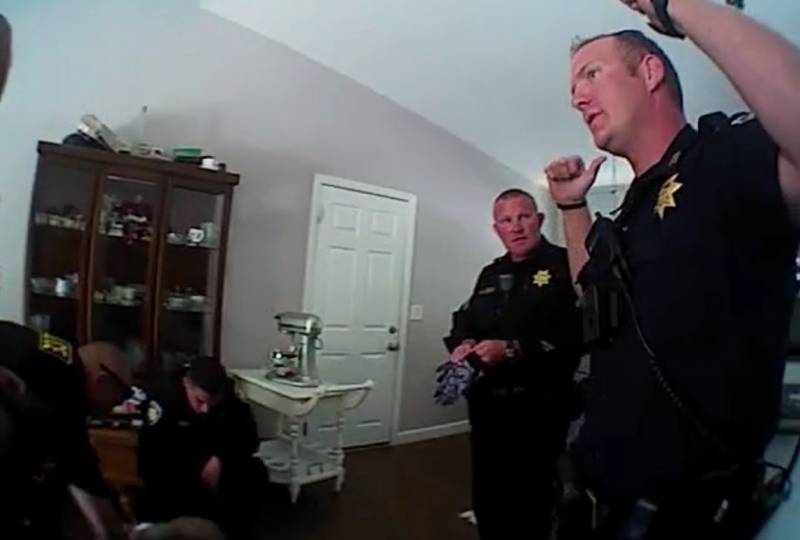The legal standard outlined by the courts says officers can only be directly held responsible for killing or injuring someone if they both clearly violated that person’s constitutional rights and they knew, or should have known, they were violating those rights.
“Qualified immunity is supposed to provide officers with breathing room when they’re involved in very difficult situations,” the officers’ attorney Noah Blechman told justices for the 9th Circuit Court of Appeals during oral arguments in San Francisco on Wednesday. “Which is what the officers were [in] here; they had split seconds to determine what type of force option to use.”
The difficult situation Blechman referenced began with a traffic stop on July 26, 2016.
Pittsburg police officers were patrolling an area for drug activity when they spotted Humberto “Beto” Martinez, 36, in a car with expired tags. The officers attempted to pull him over.
Martinez ran from police into a nearby home. They chased him inside and tackled him to the kitchen floor. First two officers and then, ultimately, six officers struggled to handcuff the 6’2” 285-pound man. They tased him, stomped on him, kneed him and punched him as one of the officers — Ernesto Mejia — wrapped his arm around Martinez’s neck and squeezed. Martinez went limp.
“Hey, he’s going purple,” an officer called out moments later.
Martinez wasn’t breathing. His heart had stopped.
VIEWER DISCRETION ADVISED: Body-camera footage from multiple officers show Mejia struggling to subdue Martinez. This video was edited for brevity and language. Pittsburg police blurred Martinez’s face before releasing footage.
The autopsy showed the officers broke 16 of Martinez’s ribs, bruised his head and liver and broke the cartilage in his throat. Toxicology tests showed Martinez had methamphetamine and alcohol in his system.
Martinez’s family is suing the city of Pittsburg, the police chief and the six officers involved in the incident.
The officers’ attorney argued Wednesday that because each of them were involved in the incident to differing degrees, and it was a chaotic unfolding situation, they should not be all held liable for Martinez’s death.
“The qualified immunity analysis is an officer-by-officer, individualized analysis, not a group analysis,” Blechman said. “The [lower] court really did not do that.”
Attorney Michael Haddad, who represents Martinez’s family, responded that body camera footage showed that all of the officers did use force, even if it was just to hold Martinez down.

